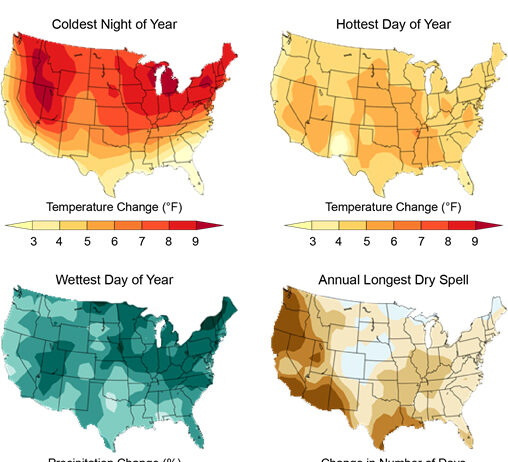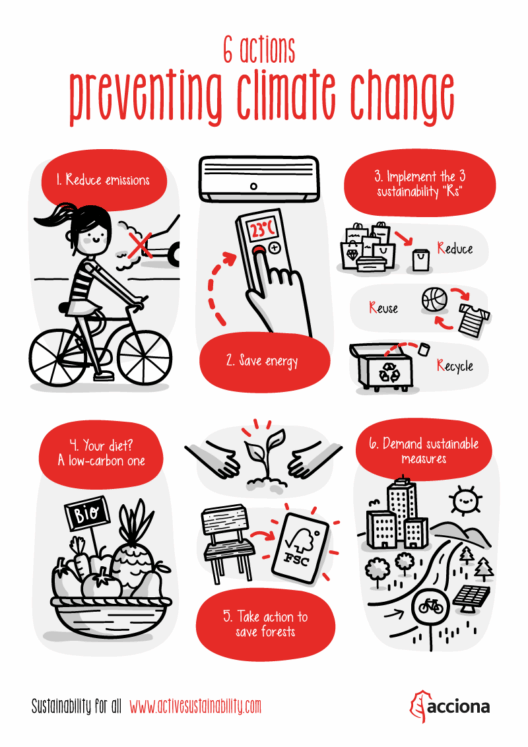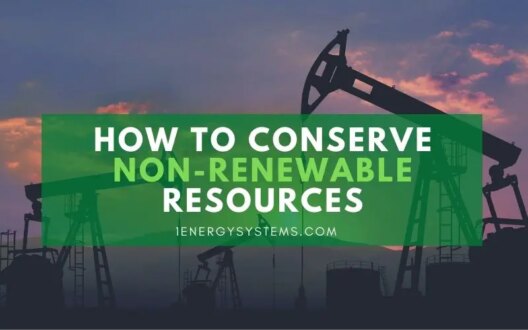Climate change has emerged as one of the most daunting challenges of the contemporary era. Yet, the alarming reality is that we have known about its potential consequences for decades. The scientific community has studied the phenomenon, raising cautionary flags about rising temperatures, shifting weather patterns, and escalating natural disasters. Despite this wealth of knowledge, timely and effective action remains conspicuously absent. The question arises: Why, after so much awareness, has decisive action been so lethargically implemented?
Historically, the roots of climate awareness can be traced back to the 19th century, when scientists like John Tyndall and Svante Arrhenius began exploring the greenhouse effect. Their work laid the groundwork for understanding how certain gases trap heat in the atmosphere. As industrialization progressed throughout the 20th century, humanity’s reliance on fossil fuels increased, catapulting greenhouse gas emissions to unprecedented levels. The dichotomy between burgeoning industry and the environment became increasingly apparent. By the late 20th century, the consequences of this industrial growth began to manifest. The publication of pivotal reports, especially those from the Intergovernmental Panel on Climate Change (IPCC), cemented the scientific consensus: climate change is real, anthropogenic, and an imminent threat to global ecosystems.
However, the overwhelming evidence presented by scientists has not been met with a corresponding urgency in policy and activism. The inertia is puzzling. Various forces contribute to this inertia, steeped in layers of complexity. One prominent factor is the pervasive economic dependency on fossil fuels. Numerous industries, from transportation to manufacturing, are intricately linked to carbon-emitting sources. Hence, meaningful reform often collides with entrenched economic interests, leading to resistance against necessary changes.
Mainstream media has played a dual role in this narrative. On one hand, it has disseminated vital information about climate science; on the other, sensationalism and misinformation have created a fog of confusion. The portrayal of climate change as a distant, abstract threat often dilutes public urgency. Too frequently, media discussions frame climate change in terms of uncertain futures rather than immediate, present challenges. This misframing allows individuals and corporations alike to marginalize their responsibility, leading to what some scholars term ‘climate apathy.’
Moreover, the psychological phenomenon known as the “boiling frog syndrome” is integral to understanding societal responses to gradual threats like climate change. The frog analogy illustrates how beings become complacent in slowly warming environments. In parallel, the gradual warming of the planet has dulled our collective urgency, allowing the climate crisis to unfold with minimal immediate repercussions for many. Only those most vulnerable—low-income communities, developing nations, and marginalized populations—experience acute, immediate impacts, resulting in a disconnect for those within more privileged demographics.
Political discourse surrounding climate change is often marred by polarization and skepticism. Political leaders’ stances frequently oscillate between extremes, with genuine concern met by emitted denialism. Lobbying by fossil fuel companies and industries resistant to change has fostered an environment in which climate action becomes a contentious battleground rather than a collaborative imperative. This fractious political landscape inhibits comprehensive climate policy development, stymieing potential solutions.
Social dynamics also starkly influence our approach to climate change. The interplay between individual behavior, community values, and cultural narratives creates a web of complexities. While sustainability-minded individuals seek to make conscientious choices, such as utilizing public transport or adopting plant-based diets, widespread, systemic change hinges on collective action. Often, individual efforts feel futile in the absence of systemic reforms that address the root causes of climate change.
While the status quo is certainly entrenched, myriad solutions exist. Progressive policymakers, scientists, and activists advocate for transformative approaches to energy use, urban development, and waste management. Transitioning to renewable energy sources not only mitigates emissions but also creates job opportunities in new industries. The circular economy, emphasizing reduction, reuse, and recycling, presents a robust framework for minimizing waste and conserving resources.
Furthermore, global cooperation is paramount. International agreements, such as the Paris Accord, represent crucial steps toward unified action. While they encapsulate broad ideological commitments, concrete measures and binding commitments are desperately needed. Countries must honor their pledges and hold one another accountable. Unfortunately, national interests often overshadow crucial global goals.
Education stands as a robust pillar for fostering change. Cultivating awareness and understanding among younger generations equips them to challenge the inertia that has plagued our response to climate change. Engaging communities in discussions about sustainable practices can drive a cultural shift toward environmental stewardship.
The moral imperative to act cannot be overstated. Future generations deserve better than the legacy of inaction we have bequeathed. Both ethical considerations and self-interest dictate that society must respond with urgency. The unassailable truth is that climate change is not merely an environmental issue; it encapsulates social justice, public health, and economic stability.
As humanity faces an existential threat, it is critical to dismantle the complacency that has defined much of our climate discourse. Our realization should extend beyond awareness; it necessitates proactive engagement in systemic change. The time to act was yesterday, and while we may still be grappling with inaction today, tomorrow holds the promise of taking the mantle of responsibility. Individuals, communities, and governments must unite to forge a path toward sustainability and resilience. The question is not if we will act, but how fervently and cohesively we will rise to the occasion.








